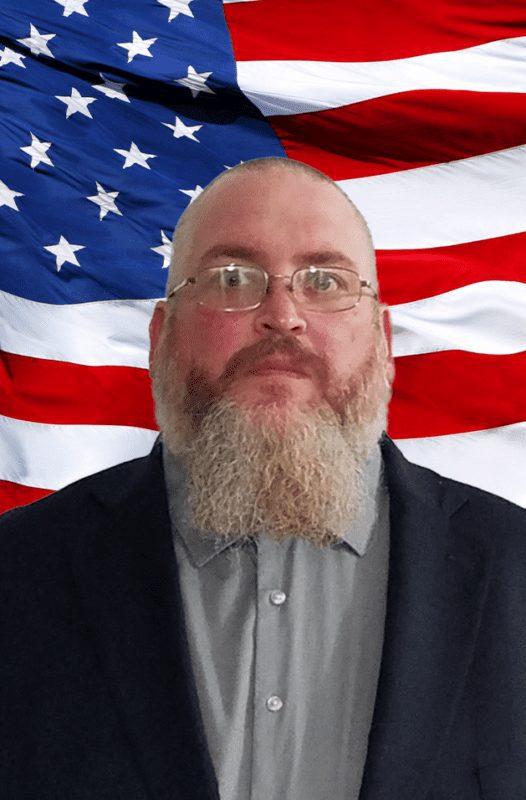
The finalists for WashingtonExec’s Pinnacle Awards were announced Oct. 13, and we’ll be highlighting some of them until the event takes place virtually Dec. 8.
Next is Cloud Government Executive of the Year finalist Richard Husk with the Enterprise Intelligence & Data Solutions PMO/Naval Information Warfare Center. Here, he talks key achievements, focus areas going forward, career advice and more.
What key achievements did you have in 2020/2021?
In 2020/2021, I worked with a dynamic team of teams including Enterprise Intelligence & Data Solutions, Defense Health Agency civilians and military, and Naval Information Warfare Center Pacific civilians and contractors to successfully migrate our on-premises environment into Amazon Web Service GovCloud. This migration, originally slated to take over two years, was miraculously completed in just four months.
What has made you successful in your current role?
Success in my current role is attributed to my ability to bring together a broad range of talented engineers, working seamlessly as a team to enable solutions that better our organization.
What was a turning point or inflection point in your career?
I began my career in IT as a database programmer. From there, I transitioned into working with hardware, operating systems and networking in the retail industry. The inflection point in my career happened upon entering into government work as a virtualization subject matter expert.
This wide range of experience augmented my skillset to position myself as a lead on a team of cloud engineers working together to leverage cloud technology to change the way DHA operates in a modern datacenter.
What are you most proud of having been a part of your current organization?
My dad was career Navy and my son was an airman. I know the impacts that military life takes on families. I am extremely proud to be working with DHA to support military men, women and families throughout the various stages of military life.
What are your primary focus areas going forward, and why are those so important to the future of the nation?
My primary focus areas are:
- Leveraging cloud to cut down the time it takes to deploy new systems in a DOD IT environment.
- Finding unique ways of leveraging the benefits of cloud technology to control costs associated with operating in a modern datacenter.
- Ensuring that the systems we work with are protected against the ever-changing cybersecurity threats facing the IT industry today.
How do you help shape the next generation of government leaders/industry leaders?
The IT industry is changing fast. We need to ensure that we have an atmosphere where our future leaders’ voices are heard today. This is a transparent environment in which we are open to talking about our current situation at all levels and how we can individually and collectively make an impact, for the betterment of both today and into the future.
What’s one key thing you learned from a failure you had?
First, I don’t see adverse situations as failure but rather as opportunities. Failures are our chance to assess those situations, learn from them and adapt those lessons to our daily routines.
I believe that the follow-through with lessons learned from our challenges is the key to ongoing improvements.
Which rules do you think you should break more as a government/industry leader?
This is a tough one. The government and industry have a lot of roadblocks and red tape that prevent IT experts from moving rapidly. I believe it is imperative to circle back on some of those roadblocks after the fact to see where we can make process changes to improve efficiency and be more unified.
What’s the biggest professional risk you’ve ever taken?
Early in my career I was working on a government contract as a junior system administrator. Our virtualization subject matter expert had left the program for another position. At this point, I was familiar with virtualization technology solely by name, but I wanted to step up and bring more value to the team.
I approached my team lead and successfully convinced him that he needed me to fill the vacant virtualization subject matter position. I spent the next couple of months studying up on VMware, AWS and other virtualization technologies, which has benefited me to this day.
This risk was also one of my biggest lessons learned. We need to push ourselves out of our comfort zones. This is required for personal and professional growth.
What was your biggest career struggle and how did you overcome it?
My biggest career struggle was making the jump from working in the civilian world to working in the DOD environment. The DOD IT, cybersecurity and governance processes produce extended timelines to reach innovation and implement change. These necessary steps are required to ensure oversight and thorough analysis before making significant changes to our environment that may affect our partners.
I was not prepared for the culture shock and magnitude of the difference in these working environments. To overcome this, I had to embrace the DOD environment and learn the intricacies of the DOD.
What’s your best career advice for those who want to follow in your footsteps?
Trust yourself. Have confidence in yourself. Challenge yourself. Don’t be afraid to take that first step to start down the path, it just might surprise you!

